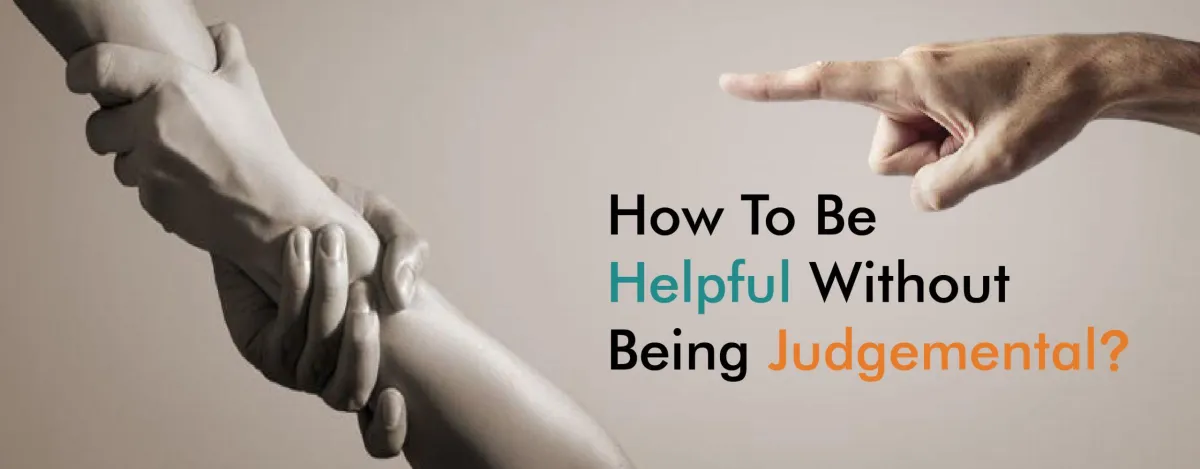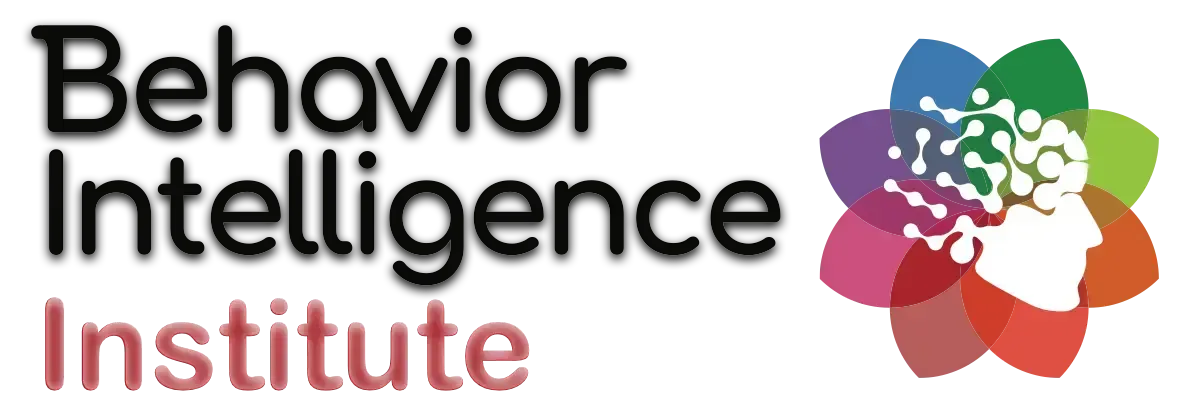
How To Be Helpful Without Being Judgmental?
August 10, 2021
Nagui Bihelek
Why do we judge ourselves by our thoughts and others by their actions? This idea makes it difficult to accept others as they are and help them.
Judgments: Why do we easily judge?
Everyone relies on their judgments to make decisions that change the direction of their lives. But there are also casual judgments that our minds occasionally make - about trivial things. We are not fully aware of the reasons behind their actions or why these trivial things are the way they seem to us. But we pass judgments anyway.
At the workplace, we often pass judgments about a co-worker, without any insight into their life. You subconsciously make assumptions about a person within minutes of meeting them. For instance, when a friend in trouble asks for help, we judge them for being stuck in that situation - couldn’t they have avoided it if they were a bit more careful?
We quickly judge and make our assumptions because it is easy to do so. It doesn't 'affect' us nor do we realize the gravity of a situation until we have to face it ourselves.
Helping others - Why should you be a reliable person around people?
In modern society, with even all advancements in technology, we can never replace one thing - support from a fellow companion. Support could be anything from helping each other out with homework, helping colleagues at work or being a friend in need.
Helping others is a measure of how reliable you are in situations. And it is only evident that we tend to be more approachable by being dependable. But is merely being helpful enough? Our intentions when we offer help equally matters.
Why Is it necessary to lend a hand without judgment?
When a friend asks for help the next time, try to ask yourselves certain questions which will allow you to offer them help without being judgmental. Who are we to judge an individual's actions, external traits, without experiencing the situation ourselves?
In a truly progressive society, as long as an individual is not harming anyone - legally or morally-they are free to make their own decisions. While judging others, we may think our assumptions reflect that person's state, but our character is reflected through these presumptions.
Being helpful to someone should be inspired by the desire to help, rather than to achieve a heightened sense of personal pride.
How can Behavior Intelligence help you master the art of helping without judgments?
To start helping others without judging them, first we can try to work on knowing ourselves. Trying to look for the positive traits in the person you are trying to help can significantly bring down the your judgment. When your co-worker, whom you don’t get along with, asks you for help - try to focus on their positive aspects, or their situations. You should try to be more empathetic without focusing on their negative traits.
People's actions are their own experiences and insecurities. Understand that every individual is not the same, and often appearances can be deceptive. This awareness is a part of Behavior Intelligence. Assessing it helps us become more empathetic and avoid judging others. Be it a personal or professional space, understanding Behavior Intelligence can prove beneficial.
Behavioral traits are better understood through scientific and rational assessments - through tools that use neuroscience and neuro-linguistic programming. AccuMatch Behavior Intelligence (AccuMatch BI) is an effective and powerful tool that can assess unconscious neural programs that show up as behaviors. AccuMatch BI is designed to keep in mind that no two individuals are the same; not all fit inside a label or a box. Start your journey to understand behavioral traits and find success in various aspects of life through AccuMatch BI.
Copyright 2021 AccuMatch Behavior Intelligence is a division of NLP Profiles Inc. | Privacy Policy


